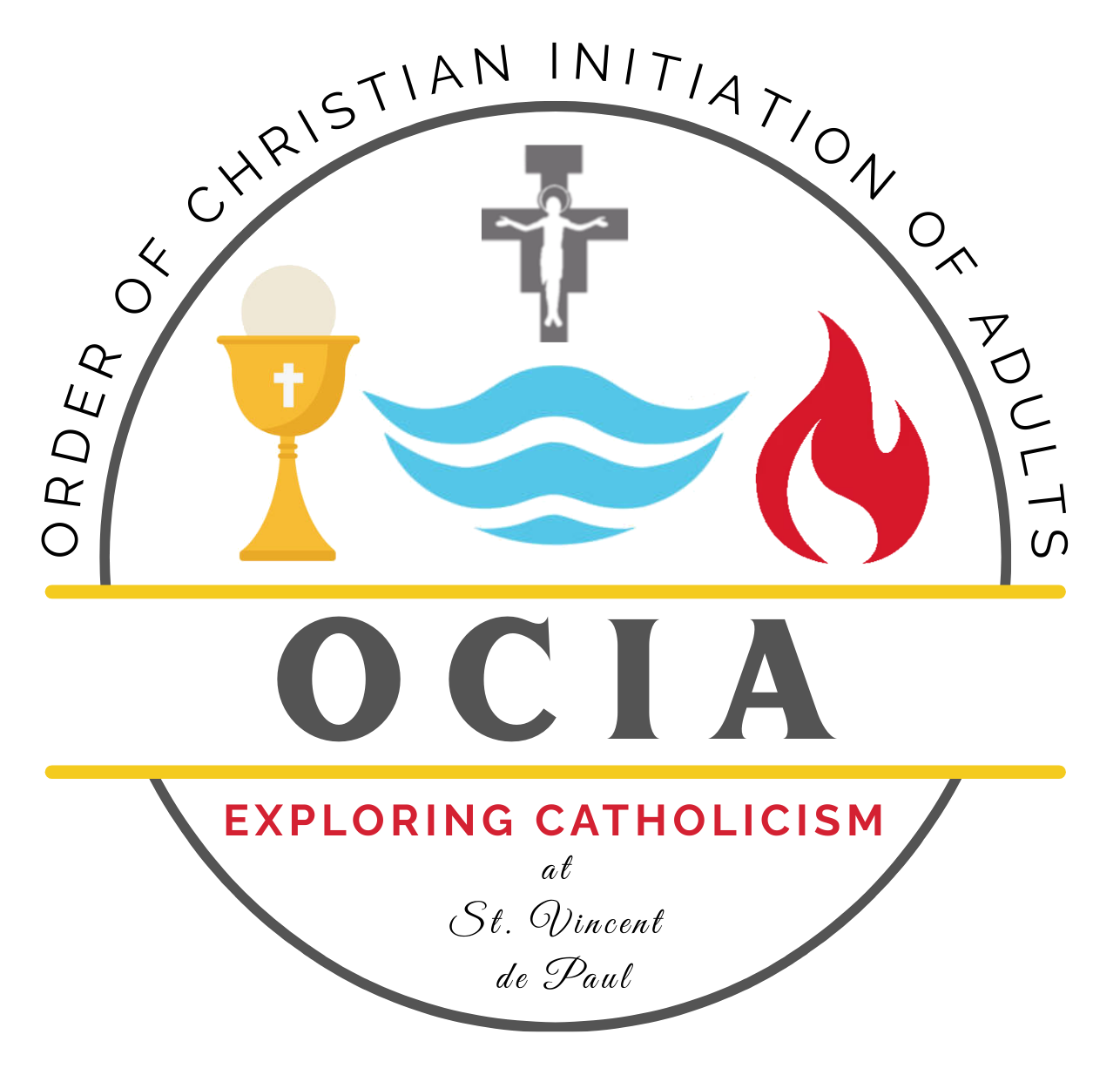[email protected]
9100 93rd Avenue North
Brooklyn Park, MN, 55445
(763) 425-2210
Search
-
A Message from Fr. Mike
Have you ever been to a Día de los Muertos celebration? I have. It’s a fascinating, colorful, reverent celebration rooted in indigenous Aztec traditions and touched by Catholic theology — a festival of flowers, candles, music, face painting, and storytelling. And while I can’t give a blanket Catholic stamp of approval to every practice, I love the intentional festivity behind it all. There is a joyful reverence for life after death — a bold, communal remembering of loved ones who have gone before us. People break out old photos, favorite foods, and family stories. Its memory wrapped in celebration, and beneath all the color and music is a deep hope in life beyond the grave.
That posture — memory and hope — is something we Catholics hold dear this time of year too. November is the Month of Remembrance, dedicated to praying for the Souls in Purgatory. It begins with All Souls’ Day and ends with the Solemnity of Christ the King — bookended by our faith in God’s mercy and Christ’s victory over death. Even creation helps us pray: fallen leaves, bare branches, shorter days, and the quieting of the world invite us to reflect on the mystery of life and death.
And while we may not paint our faces or decorate sugar skulls, we do have our own beautiful rituals of remembrance, as Catholics: we read the names of our beloved dead at Mass, we gather for our parish Remembrance Service, we light candles, visit cemeteries, pray the rosary, and speak the names of those we miss. We grieve — but as St. Paul says — not as those who have no hope.
Because in Christ, even death cannot sever the bonds of love. In Christ, the cemetery is not a final destination — it is a place of waiting and promise. So this month, let’s do three things:- Remember with gratitude.
Speak their names. Tell their stories. Thank God for their lives. - Pray for our beloved dead.
Our prayers matter. Love doesn’t end — it intercedes. - Prepare our own hearts.
Live in such a way that when our day comes, Christ will recognize us as His own.
November is not a month of gloom — it is a month of hopeful remembering. A month to let love stretch beyond the veil. A month to entrust our loved ones to God’s mercy, and to renew our own longing for heaven.
May this sacred time draw us deeper into gratitude, communion, and the hope of the Resurrection.
Fr. Mike
Parochial Administrator - Remember with gratitude.
-
Wednesday Daily Mass - Time Change
Our Wednesday Mass time has changed from 8:00 AM to 5:15 PM, with confessions offered in the Adoration Chapel starting at 4:45 PM.
We have been considering offering an evening Mass for some time and are excited to offer an opportunity for people to come to a daily Mass who currently cannot make the morning option work. This will also allow for opportunities for our Faith Formation participants to attend Mass before programs begin on Wednesday nights.
Mass at 8:00 AM will continue to be offered on Mondays, Tuesdays, Thursdays, and Fridays, with confessions offered in the Adoration Chapel at 7:30 AM. -
Support Annunciation Catholic Church & School
Annunciation Hope and Healing Fund
In response to the mass shooting during the first all-school Mass of the year for Annunciation Catholic School, the Catholic Community Foundation of Minnesota (CCF) has established the Annunciation Hope and Healing Fund. The Annunciation Hope and Healing Fund is a charitable fund at CCF that will provide financial support to the Church of the Annunciation for the needs of the church and school, as well as to support those affected by the tragedy. Those seeking to donate may do so at this link. -
Becoming Catholic Through OCIA

Tuesdays from 7:00-8:30 PM in Regan Hall starting Oct. 7
Register Here or contact Clare Catton at 763-762-7405 or [email protected].
OCIA, which stands for the Order of Christian Initiation for Adults (previously called RCIA) is an extended period of evangelization (developing a relationship with Jesus Christ), catechesis (instruction in the faith), and spiritual formation (deepening in faith) in the Roman Catholic Church.
Although it is primarily the process by which people become full members in the Roman Catholic Church, OCIA welcomes serious inquirers at all levels of knowledge, faith, and intent—in other words, you do not need to feel like you're ready to become Catholic before you begin OCIA. Ultimately, though, the process culminates in the reception of one or more of the Sacraments of Initiation: Baptism, Confirmation, and Eucharist, and full membership in the Catholic Church. The formal OCIA process begins in early October and ends a couple of weeks after Easter.
For instruction, we will be following two video series by the Augustine Institute, “The Search” with Chris Stefanick and “Symbolon: The Faith of the Church.” Our Tuesday night sessions are open to all parishioners to attend and deepen their faith as we are all in the lifelong process of conversion. -
The Church Ladies Event
-
Adoration
Please know that we welcome new adorers to take open hours! Click here to sign-up as an adorer or substitute adorer.
Adoration Sign-up



